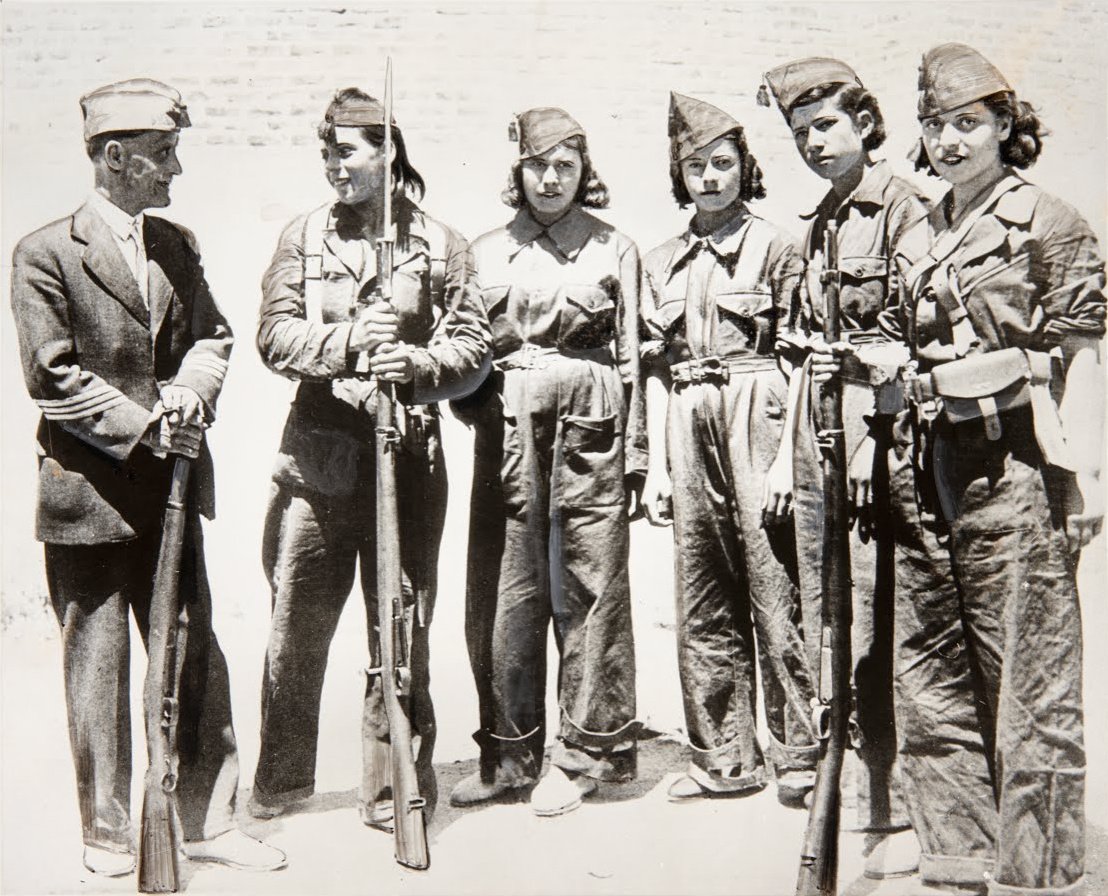Where did people get displaced to after the Spanish Civil War.
/The Spanish Civil War, which lasted from 1936 until 1939, was a civil war in Spain; the civil war was primarily fought between Republicans of the Second Spanish Republic and Nationalists. The Spanish Civil War was eventually won by the Nationalists who ruled Spain from 1939 until 1975 when Francisco Franco, one of the leading Nationalist generals during the war, died. The exact casualties of the Spanish Civil War are unknown; estimates range from at least 200,000 to over a million.
If your family history is related to the Spanish Civil War, then you may discover that relatives on your family tree were among those displaced by the war. The following guide will help you learn more about forgotten family memories by discussing where people were displaced after the Spanish Civil War.
Spanish Civil War: What Happened to the People
At least several million people from Spain were displaced due to the Spanish Civil War. In many cases, the people were fleeing violence from encroaching armies; they also fled due to existing political affiliations that made it dangerous for them to remain in Spain.
Where People Went After the Spanish Civil War
People who were displaced due to the war—whether they were refugees whose homes were destroyed or they were fleeing for their lives—primarily went to the few locations that would accept them. There were only a handful of countries that opened their borders to Spanish refugees.
Mexico
Mexico was one of the few countries that welcomed Spanish refugees. Although it was difficult for many fleeing Spain to get to Mexico due to the distance and difficulty of getting from Europe to the North American continent, around 25,000 Spanish refugees made it to Mexico for safety. Many of those who fled to Mexico had family or friend connections, which made it easier for them to make the journey.
Dominican Republic
Although the Dominican Republic was a supporter of the new Nationalist regime in Spain, the President of the Dominican Republic at the time allowed those fleeing Spain to seek refuge. A few thousand people who fled Spain ended up moving to the Dominican Republic.
France
France was the primary destination for those who were fleeing Spain after Spanish Civil War. Around 500,000 Spanish Republicans fled into France during and after the war. Because they were not legally allowed in the country, most of these refugees were forced into internment camps. When the Nazis occupied France in 1940, they forcibly conscripted many of these interned refugees for forced labor. Around 30,000 Spanish refugees were deported to Nazi Germany, and around half of this group was imprisoned in concentration camps. At least 3,500 Spanish refugees died in concentration camps during the war.
The Spanish Civil War not only caused physical displacement but also shattered families, with many loved ones separated or killed in the conflict. The war left a deep scar on Spain, and its effects continue to be felt even today.
For many families, preserving their history and heritage is of utmost importance. Family history can help people to learn about their ancestors and understand the events that shaped their lives. This is particularly true for those who were affected by the Spanish Civil War, as the conflict had a profound impact on their lives, even generations later. Preserving family history allows people to remember the struggles of their forebears and to honor their courage and resilience.
One of the most important ways to preserve family history is by collecting oral histories from surviving family members. These stories can provide valuable insights into the experiences of those who lived through the Spanish Civil War and the aftermath of displacement. Many families also have photographs, letters, and other mementos that provide a tangible link to their heritage. All these elements taken together can help to create a vivid picture of what life was like for those affected by the war.
The importance of family history is not just limited to individual families; it has broader cultural significance as well. Knowing about the experiences of displaced people during the Spanish Civil War can help us to better understand the broader context of the conflict. By understanding the experiences of refugees, we can gain insight into the human cost of war and the need for reconciliation.
In conclusion, the Spanish Civil War was a tragic conflict that devastated countless lives. The displacement of families and communities is one of the many legacies of this tragedy. Preserving family history is an important way to honor the experiences of those who lived through this difficult period and to pass on this knowledge to future generations. By preserving family history, we honor our past and gain a deeper understanding of who we are.
To learn how to label your old photo digital scans by using metadata click here.




